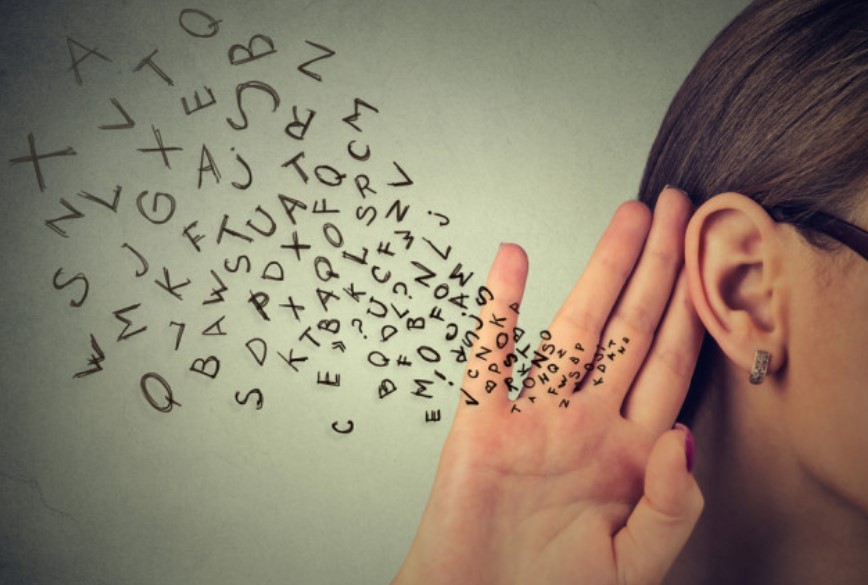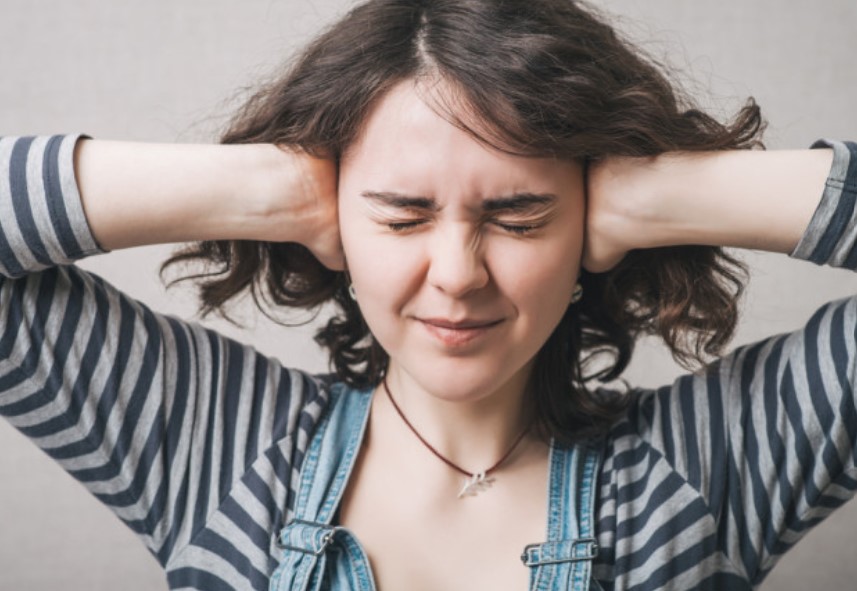People finally understand the reason behind their dislike for hearing their voice when it's played back.
It appears that this phenomenon is not exclusive to any individual but is rather a common experience shared by many.

This discovery, popularized on platforms like TikTok, has raised a sense of unity among individuals who can relate to this shared experience.
Many people on the internet now think their voices sound higher than they thought. An audiologist named Ashish Shah explains why.

When we talk, our ears hear our voice in two ways: through the air and through our bones.
The bone-conducted sound carries lower tones that the air-conducted sound doesn't have. That's why our voices sound deeper to us, and we're used to that.
However, when we communicate with others, they only perceive our voice through air-conducted sound, resulting in a higher frequency experience for them.

The same applies when we listen to recordings of our own voices; without the bone-conducted sound to add the lower frequencies, we hear ourselves in an unfamiliar way.
As a result, it is not uncommon for individuals to express their dislike for the sound of their voice when listening to recordings of it.
Remarkably, when people hear their own voice without realizing it is their own, they tend to rate it more positively.

In a previous study, participants were asked to rate the attractiveness of various voice recordings, including their own.
When unaware that they were listening to their own voice, they rated it higher. This suggests that we tend to judge our own voices based on our expectations and familiarity, rather than objective qualities.
In reality, others are unlikely to scrutinize our voices to the same extent.

The reason why we feel uncomfortable when we hear our own voice played back is because it doesn't match what we expect it to sound like inside our heads.
But other people mainly judge us based on how our voice sounds to them, not on the critical way we judge ourselves.






